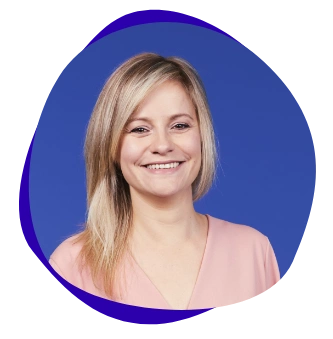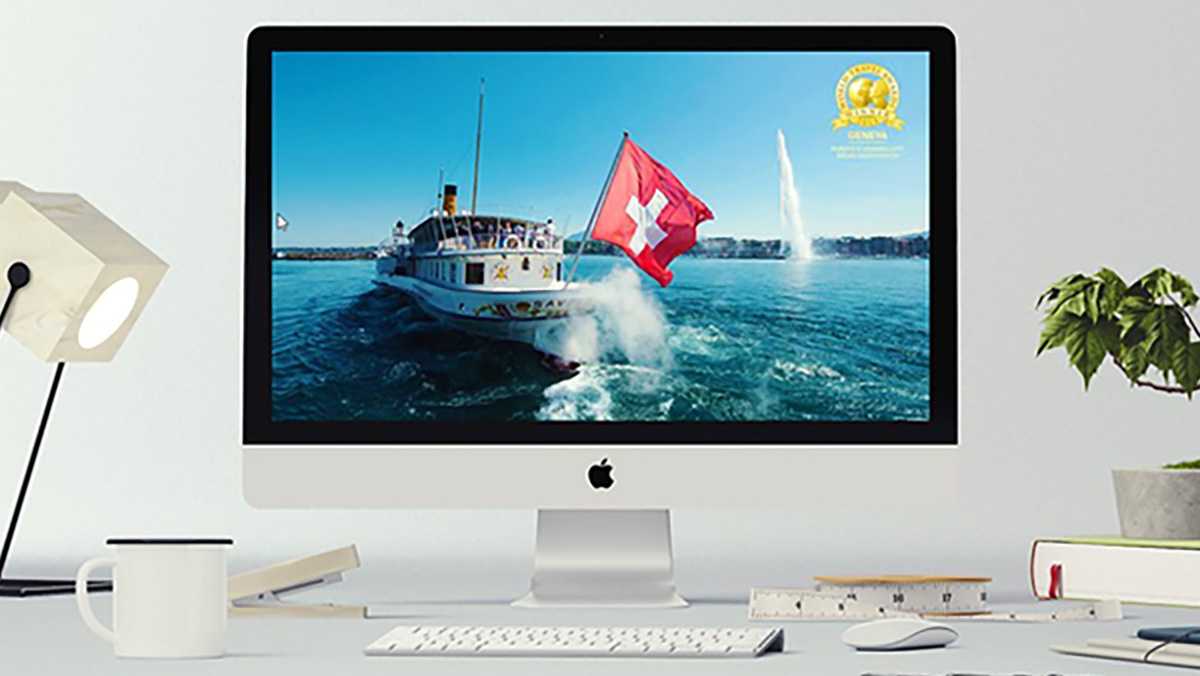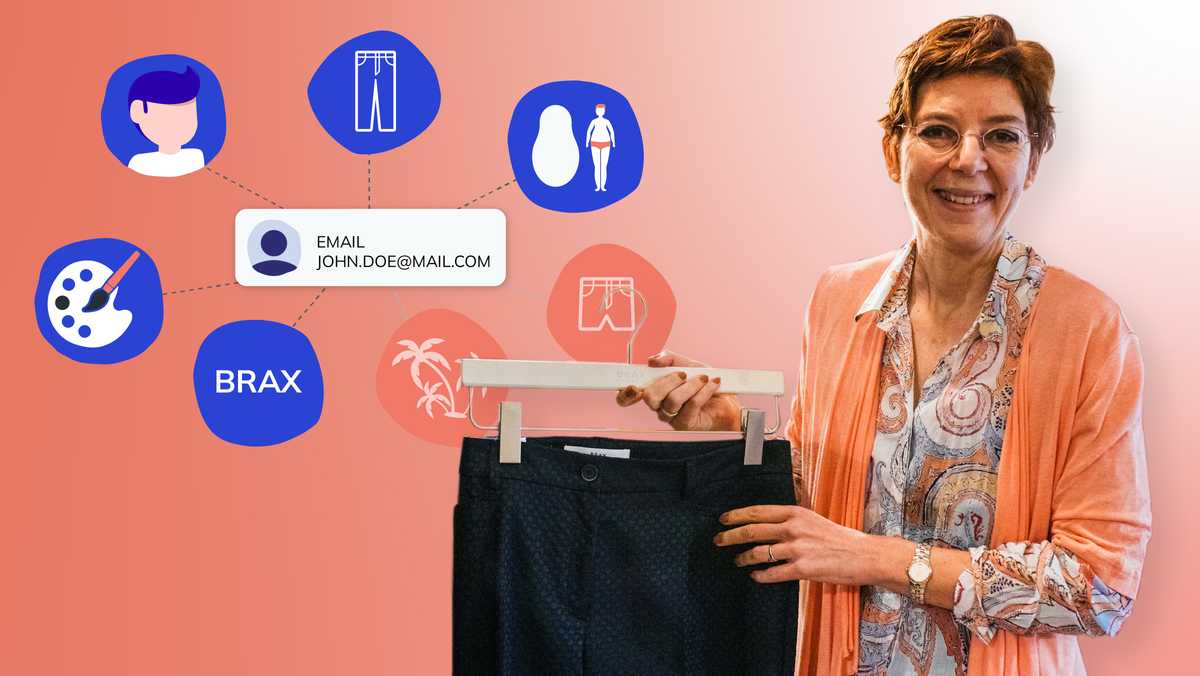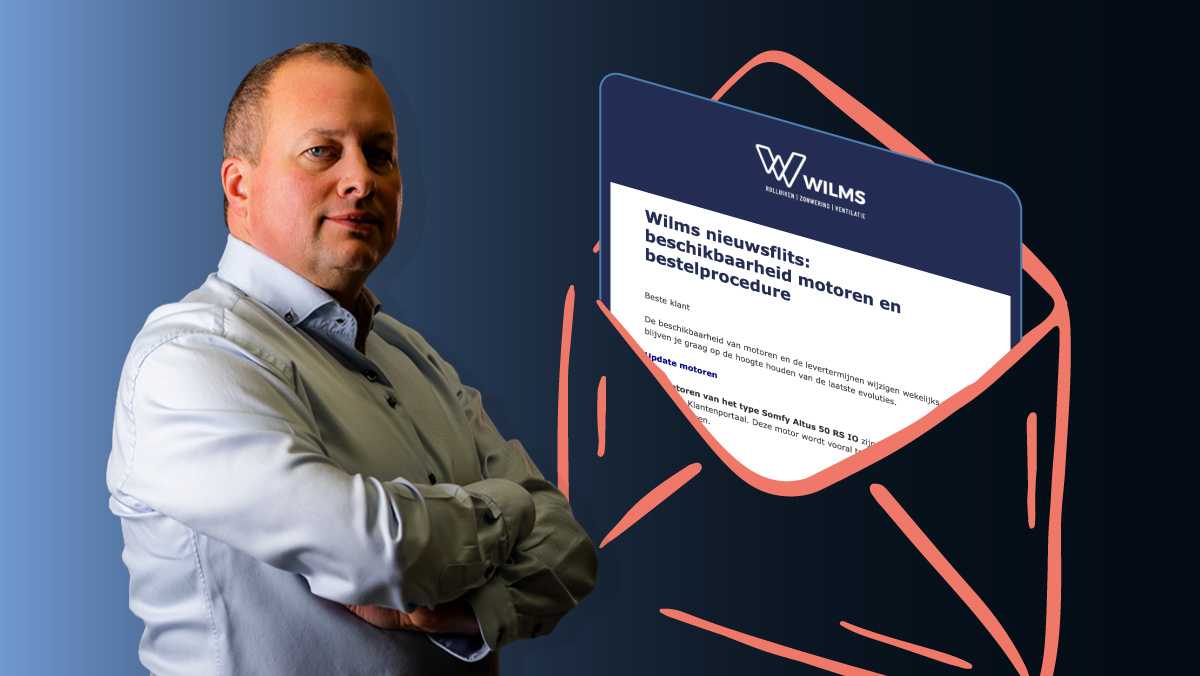The FGT&C manages the proceeds of local taxes and tourism. A team of some 50 professionals is in charge of marketing the destination. The FGT&C's missions are to promote Geneva as an active tourist destination for both business and leisure, to welcome and inform visitors and to organise tourist events, and more specifically the Geneva festival, the largest Swiss tourist event that takes place every year with nearly two million visitors.
AUTOMATED CHARM OFFENSIVE FOR FOREIGN TOURISTS
During 2016, the Flexmail team has been working closely with Geneva Tourism for the launch and automation of their new campaign.Geneva Tourism & Conventions started off 2016 with a lot of changes: they launched their new branding, new website, a new booking system and app to cater to the needs of their growing digital audience.
CAMPAIGN GOALS
After being awarded the Best Leading City Break Destination at the World Travel Awards both in 2014 and 2015, Geneva Tourism wanted to take their promotion even further by presenting the destination in a new light. But that is exactly where their biggest challenge lies.Geneva is universally known as an international business hub. Leisure tourism represents just 20% of its annual visitors, against 80% of business travel. That’s why leisure tourism has the highest growth potential for the destination. Geneva Tourism usually runs multiple smaller campaigns on various markets and themes.
So how are they going to create buzz and put Geneva in the spotlight as a tourist destination?
They wanted to set up an ambitious automated campaign. It was the very first time they were going to use automation, and their biggest campaign yet.
That's why they asked Flexmail to help them set everything up.
With this case we want to show you what we did to transform their ideal scenario into an optimized automation email flow, and give you a closer look at the results of the campaign.
TO GET A FULL OVERVIEW OF THE CASE AND WORKFLOW SET-UP, CHECK OUT THE PRESENTATION!
THE STRATEGY
Geneva Tourism chose to mutualize all budgets and activate it on various markets to create ONE common concept, one competition for all tourist markets and audiences to put Geneva in the spotlight as a tourist destination. This also allowed them to utilise the power of the many local and international partners.Every target audience will be reached by different channels, including bannering, emailing, social, partnerships and PR. Once people register to participate in the contest, they will all be followed up by email using the automated scenario this case is about.
Geneva and its partners have teamed up by offering a unique offer of 1000 free nights for two with breakfast in the finest hotels in the city this summer. Participants can enter by registering online on a landing page that is available in English, Spanish, German, French and Chinese.
THE SCENARIO CONSISTS OF TWO PHASES
- People who win get their free overnight stay for two. The goal in this stage is to generate buzz and generate qualified and segmented leads. The goal isn’t immediately to make those winners book extra night, but to show them what Geneva has to offer as a tourist destination. The goal is to turn those winners in brand ambassadors.
- People that don’t win get a 50% discount. That way tourism will still get a boost. Secondly, they are also able to target visitors with their offering for upselling.
POSSIBLE OBSTACLES
In order to translate Geneva Tourism’s desired scenario in a marketing automation flow, we had to consider the following parameters:- To collect registrations coming from different sources, they created a landing page for every language. Participants are automatically imported into the correct list in Flexmail. By using tracking they were also able to keep track of the source of the different contacts to see what every partner network was generating.
- When selecting the winners Geneva Tourism used their own booking system. Because this is a new system, there weren’t any existing connections with Flexmail yet. For every winner, a unique booking code needed to be generated. All this data had to be imported manually.
- Because we wanted to give Geneva Tourism flexibility in inviting people to participate, we set up the scenario in such a way that it only started once a contact registered via the landing page. This also means that people coming from different sources, including social media, could be followed up using email once they registered.
THE MARKETING AUTOMATION SET-UP
So let’s get into the juicy stuff: what did the actual automation flow look like? It was cut up into 8 pieces for every single language, which comes down to 40 different flows. It’s very important to notice that Geneva Tourism doesn’t have to activate any of the many flows manually. All flows are activated by contact actions and changes.- The first scenario is launched once a contact registers using the landing page. He then lands in the English list. He immediately receives a confirmation message, which also holds 2 social sharing options, and a forward by email link. When you share the campaign with your network, you also get a chance to win one of the 20 return flights from their aviation partners. This information is also stored in the database.
- Several invitations are sent out via email. The contacts that didn’t open the original invitation, automatically get a reminder a few days later.
- On the 16th of May, the winners of the first wave were selected and reimported in the mailing list in Flexmail, together with the unique booking code of every winner. Once the system detects the winners, the winners email is automatically sent the following day, adapted to every time zone, especially for the Chinese flows. This email is personalized with the booking code of every winner.
- Everyone that isn’t a winner is reimported as loser in the first wave and automatically lands in flow 4, which is launched at the same time as flow no. 3. At the 18th of May, they receive a message that they didn’t win, but that the deadline has been extended, and they are still in the running as potential winners for wave 2. In this email they are asked again to share the competition with their network.
- On the 23rd of May, the winners of wave 2 are imported. Those winners also receive a winners email with unique booking code.
SO WHAT HAPPENS WITH THE FINAL LOSERS?
Everyone who hasn’t been selected as a winner on the first of June, including contacts that registered after the initial deadline (!) will receive an email announcing that they didn’t win, but that they receive a 50% discount when booking an overnight stay in Geneva, including their very own booking code for the discount. On the 16th of June, we’ll check whether those booking codes have been used to make a reservation. If not, they will receive an email reminding them of the discount and asking them to book. - The automated flow will also follow up on the reservations of the winners. If they didn’t make a reservation, they also receive a reminder. For this, we’ll import the contacts who made a reservation with the provided booking codes. We’ll use the booking code as unique differentiator when overwriting the existing data instead of the email address.
Because when making the reservation, people maybe used a different email address, or gave their booking code and prize to someone else. We want to make sure here that the person who is actually staying in Geneva to receive the next follow up. - When importing the people that used their booking codes to reserve a room, we’ll also import their check-in and check-out date. 15 days before their check-in date, the winners will receive a message with the terms and conditions. If they do not wish to use their free room, they need to cancel in time.
- We also implemented a message thanking them for their stay after their check-out date, but that email was actually created after the scenario was launched. One of the advantages of the automation in Flexmail is that you can still adapt the content of the emails when the scenario has already started. In this final email, a link to a survey was also added.
WHAT WENT WRONG?
During the course of this scenario, some things went wrong, 2 things to be exact:- First, there was a problem with generating the Chinese booking codes. The new external booking system couldn’t handle the Chinese characters, so the Chinese winners of the first wave couldn’t be imported in time. Because we broke down the scenario into different flows, we only had to duplicate and change workflow 3 for the Chinese users. If we didn’t set up the automation into bitesize pieces, we would have had to recreate and relaunch the entire scenario.
- The second time something went wrong, a major Internet Provider in Switzerland went down for an entire day, specifically on the day that the winners of wave 2 had to be imported. That meant that the import of the winners of wave 2 couldn’t be imported, and that everyone would receive the 50% email. They quickly gave us a call, so we could pause that specific flow for every language, and the next day, we were able to change the date and launch the correct campaigns to the right people.
THE RESULTS
The campaign was a huge success. In total Geneva Tourism got over 54.000 participants in several countries.When we only look at the email invitations, we see that of all the people who received an invitation, almost 8% registered for the campaign. Of all the people who opened an email invitation, 34% registered. This means that their lists were no longer fully qualitative and up to date, but the people who were still active have taken their chance to win.
Participants were also able to forward the campaign to their own network. Of all the people that received a forward, 21% participated. Of all the people that actually opened a forwarded message, almost 43% participated. The power of the network of your contacts shouldn’t be underestimated!
We also got the results of every email in the automation flow, with the average delivery rate, open rate, click rate and unsubscribe rate for all languages. You'll find all the numbers and details in the accompanying presentation at the start of this page.
Contacts were very much engaged during the entire scenario of the campaign.
THERE ARE SOME ELEMENTS THAT WE WOULD LIKE TO HIGHLIGHT FOR YOU:
- [WF 2] The reminder for people that didn’t open the invitation got the least results. This is an email to a not so active list, and the only email to contacts that haven’t registered for the campaign yet.
- As you can see, the delivery rate fluctuates during the entire campaign. That’s because people are still registering using the landing page, and those email addresses need to be cleaned out along the way. The result is one big, active, engaged and clean list.
- [WF 3 +4b] When we have a look at the winners of wave 1 and wave 2, the winners in wave 2 are much more grateful that they won after all: a lot more of them click through to make their reservation!
- [WF 6] And when you have a look at the email that is sent to winners that didn’t make a reservation, only few of them are activated immediately by the reminder email. It seems that they are either activated immediately, or hang on to the very first email to make a reservation later on
When we look at the different countries, and we put the moment they participate on a timeline, than we can see that French- and Chinese speaking participants participate almost immediately after announcing the campaign. Spanish and English speaking people wait a day longer before filling out the landing page. But when we look at the German-speaking participants, they wait until the reminder email and the second blasts of bannering and social media posts before participating. They apparently needed a second push in the right direction.
SURVEY RESULTS
In the final email of the scenario, winners who stayed in Geneva were asked three questions: Did they consider coming to Geneva before the launch of the campaign, how long did they stay, and would they consider recommending the destination to their friends and family.The results of the survey clearly show that the overall goal of the campaign has been reached, with 78,10% of participants stating that they would definitely recommend the region to their friends.
 Michelle Dassen
Michelle Dassen


